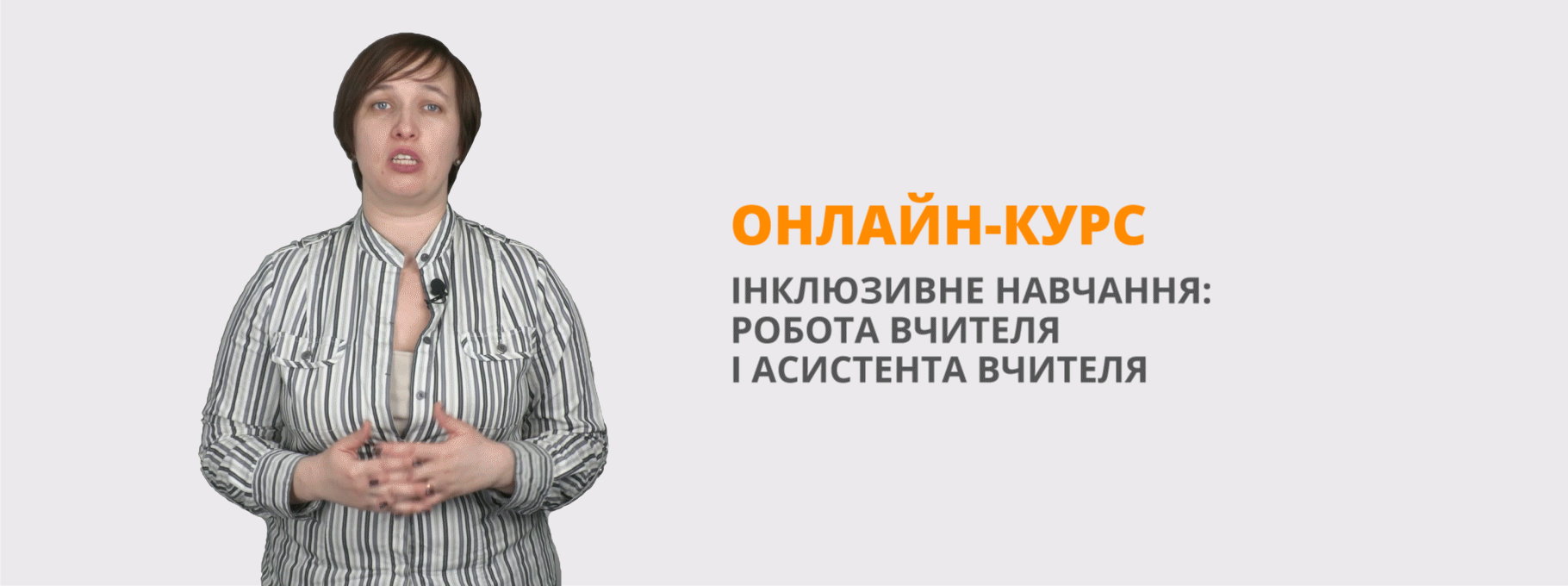THE BASIC ECONOMIC PROBLEM методична розробка з дисципліни «Іноземна мова ( за професійним спрямуванням)» в закладах фахової передвищої освіти
Лисичанський промислово-технологічний фаховий коледж
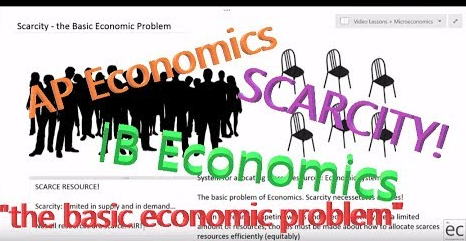
THE BASIC ECONOMIC PROBLEM
методична розробка
з дисципліни «Іноземна мова ( за професійним спрямуванням)»
в закладах фахової передвищої освіти
Розробник: Скиба Н.М., старший викладач, викладач вищої категорії Лисичанського промислово-технологічного фахового коледжу
2024
ВСТУП
Методична розробка заняття виконана у відповідності з методичними рекомендаціями з підготовки та проведення практичних занять у закладах фахової передвищої освіти. Заняття підготовлено відповідно до робочої і навчальної програми з дисципліни «Іноземна мова ( за професійним спрямуванням)». У методичній розробці заняття подано розгорнутий план-конспект заняття у формі мовного практикуму з використанням методу критичного мислення, методики роботи з лексичним матеріалом, методу лінгвістичного квесту, рольовою грою, перелік літератури та необхідного обладнання, мету і задачі, надано чітку структуру заняття, вдало подано мотивацію пізнавальної діяльності студентів.
Розробка містить багато різноманітних форм та методів роботи (бесіду, читання, мозковий штурм, аудіювання з використанням тематичного відеоролику, роботу з мультимедійними презентаціями, групову та парну роботу,), що відповідають психофізіологічним та індивідуальним особливостям студентів і сприяють успішному досягненню мети заняття.
Методична розробка відкритого заняття відповідає теоретичному й методико-практичному розділам навчальної програми, має інноваційний характер, відповідає новітнім технологіям навчання, спрямована на формування комунікативної компетенції майбутніх фахівців, розвиток пам'яті, уваги, фонематичного слуху студентів, сприяють зацікавленості та формуванню комунікативної компетенції майбутніх фахівців.
Методична розробка може бути рекомендована для викладачів іноземної мови в закладах фахової передвищої освіти в якості як основного, так і довідково-дидактичного матеріалу.
МЕТОДИЧНА РОЗРОБКА ЗАНЯТТЯ
Заняття №
Предмет: Іноземна мова
Група:
Тема заняття: THE BASIC ECONOMIC PROBLEM
Мета: формувати лексичні навички й навички вимови; вдосконалювати навички читання й усного мовлення; розвивати мовну здогадку й мовленнєву реакцію; виховувати зацікавленість у розширенні своїх знань, використовувати раніше вивчені структури, а також збагачувати словарний запас, практикуватися у перекладі речень, розвивати навички логічного викладання думок, пам'ять, виховувати свідоме ставлення до навчання, вчити раціонально використовувати свій час, прищеплювати бажання вивчати іноземну мову.
Обладнання: словники, комп’ютер, роздавальний матеріал
Тип заняття: практичне
Міжпредметні зв'язки: Економіка підприємства, Статистика, Фінанси підприємства, Економічний аналіз, Організація виробництва, Менеджмент, Маркетинг
СТРУКТУРА ЗАНЯТТЯ:
1.Організаційний момент:
1)Привітання
2) Перекличка
3)Перевірка готовності до заняття
2. Мотивація навчальної та пізнавальної діяльності студентів, оголошення теми та цілей заняття.
3.Реалізація теми за планом
4. Підсумок заняття. Оцінювання
5. Домашнє завдання
ХІД ЗАНЯТТЯ:
I. Scanning reading. Читання з повним розумінням змісту прочитаного.
I. Read the text THE BASIC ECONOMIC PROBLEM
Use a dictionary, if necessary.
The central problem of economics is to determine the most efficient ways to allocate the factors of production and solve the problem of scarcity created by society’s unlimited wants and limited resources. In doing so, every society must provide answers to the following three questions:
1. What goods and services are to be produced, and in what quantities are they to be produced?
2. How are those goods and services to be produced?
3. Who will receive and consume (get to use) those goods and services?
The solution of these questions depends on the economic system of each particular society.
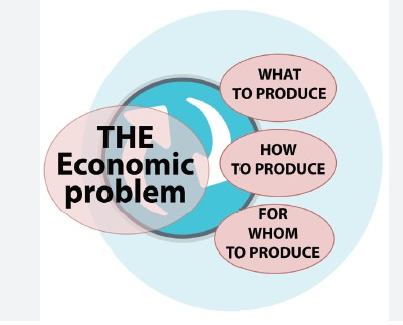
The economic system determines how the nation's resources of land, labour, machinery and raw materials are allocated and used. The problem of allocating resources is a central theme of economics, because most resources are scarce. The allocation of scarce resources and the distribution of the product of those resources are a major part of the subject matter of economics.
In Western economies many resources are allocated to whoever is willing and able to pay the most for them. The distribution is determined by the amounts of money paid as wages, rent and other forms of income.
A country's economic system is its way of organizing economic activities, including the ways in which people come to specialize in particular tasks they do best. The more goods and services can be produced from limited resources, the higher the standard of living enjoyed by the country’s citizens.
Different economic systems answer the “what”, “how” and “for whom” questions differently. There is a variety of economic systems, which can be divided into three groups:
a) Market or decentralized economic systems.
In a true market economy the government plays no role in the management of the economy, the government does not intervene in it. The system is based on private enterprise with private ownership of the means of production and private supplies of capital.
b) Planned or centralized economic systems, in which economic decisions are taken by government planners.
Planned economies are economies with a large amount of central planning and direction, when the government takes all the decisions, the government decides production and consumption. A planned economy is simple to understand but not simple to operate.
c) Mixed economic systems, in which many economic activities are organized in a decentralized way, but in which the government takes some of the most important economic decisions. In mixed economies some resources are controlled by the government whilst others are used in response to the demands of consumers. In a mixed economy the government and the private sector interact in solving economic problems.
In practice, every economic system is mixed to some extent.
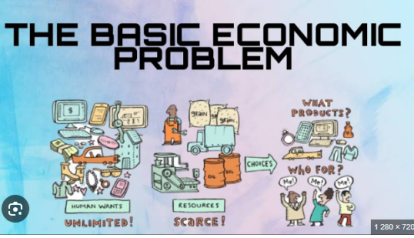
ІІ. Give English equivalents to the following:
Розподіляти ресурси, задовольняти необмежені потреби, володіти та керувати бізнесом, втручатися, приватне підприємництво, приватна власність на засоби виробництва, приватний капітал, розподіл доходів, урядова влада, основні економічні проблеми, стан економіки, рівень зайнятості, розподіляти ресурси, наявні у ресурсах, мати високий життєвий рівень, фактори виробництва, залежати від, розміщення та розподіл ресурсів, бути конкурентоспроможним, великий обсяг, центральне планування та керівництво, приватний сектор, взаємодіяти у вирішенні проблем.
III. Read the international words and guess their meanings:
Factors of production, production and consumption, natural resources, capital and entrepreneurship, competitive, state ownership, public property/common ownership, large-scale intervention, state-controlled industry, considerable economic freedom of choice, the government controls a share of the output, labour-intensive production, to allocate the factors of production, the problem of allocating resources, the subject matter of economics, money paid as wages, rent and other forms of income, to specialize in particular tasks, the standard of living, in a decentralized way, in response to the demands of consumers, in solving economic problems.
IV. Are the following statements true or false?
- There are five main economic systems.
- Economics is concerned with everyday issues, such as unemployment, prices, wages etc.
- The allocation of scarce resources is the only subject matter of economics.
- A cornerstone of the market system is that production alters swiftly to meet changing demands.
- In a market economy the government takes all the decisions in the management of the economy.
- If some economic decisions are taken by the government, we have a centralized economy.
- Market economies are sometimes called “command economies”.
- Command economies tend to be slow when responding to changes in people’s tastes and fashions.
- There is no incentive for individuals to work hard in planned economies.
- In a free market individual people are free to pursue their own interests.
- In a market economy there is a maximal control on working conditions and safety standards concerning goods and services.
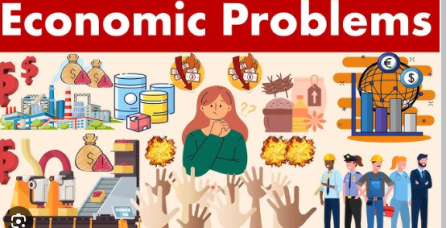
V Complete these sentences with the words in appropriate form and translate the sentences:
1. Economics is the study of how people choose _______scarce resources to satisfy their _____ .
2. It also deals with different _____ questions, especially ______ with labour, finance, taxation etc.
3. An economic system is the way in which a country uses its _____ to satisfy the demands of ___
for goods and services.
4. The more goods and services that can be produced, the higher the standard of living _____ by the country’s citizens.
5. Economists _________economic systems into ____ Western _________ are _____ mostly ________ economic systems in which economic events are the outcome of _________ decisions.
6. If government planners _______ some of the most important ________ decisions, the economy is __________.
7. Planned economies are economies with _____ of _____ , when the government _____ all ___ , decides ___ and ___ .
8. There is no ___ for individuals to work hard in planned economies.
9. ___ contains elements of both market and planned economies.
10. In a mixed economy the government and the private sector ___ in ___ .
VI. Translate into English
- Вирішення питання про розподіл обмежених ресурсів в економіці (суспільстві) залежить від того, що саме, яким способом і для кого це суспільство має намір виробляти.
- Розрізняють такі види економічних систем: ринкова, адміністративно-командна та змішаного типу.
- Ринкова економіка характеризується приватною власністю на ресурси та використанням системи ринків та цін для управління економічною діяльністю.
- У ринковій економіці невелика чи дуже мала потреба у плануванні, контролі та широкомасштабному втручанні з боку держави.
- У плановій економіці всі великі рішення, що стосуються виробництва, споживання та розподілу продукції приймаються центральним плановим органом.
- У плановій економіці покупці не мають змоги впливати на виробництво товарів.
- Держава в умовах планової економіки може гарантувати своїм громадянам освіту та медичне обслуговування.
- Насправді економічні системи розташовуються між суто ринковою та плановою економікою.
- Змішана економіка – це система, коли приватна власність і ринок, і навіть уряд взаємодіють у вирішенні економічних проблем.
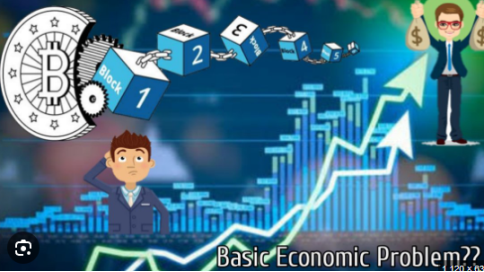
VII. Answer some questions:
- What are the three main question of the economy?
- What is an economic system?
- What are the main economic systems today?
- How can you characterize centrally planned economies? What are their specific features?
- What is a market economy?
- What’s the main difference between a market economy and a planned economy?
- Are there really pure examples of planned and market economies in the world?
- What’s a mixed economy? What’s its aim?
SUMMARIZING.
Підведення підсумків уроку. Бесіда в режимі T-P1P2.
T: What topic did we start discussing today? What did we read about? What new words and word combinations have you learned? What material was difficult/ interesting/boring? So, you all see where you need more practice and what you can do well.
Setting homework. Постановка домашнього завдання
T: Your home task is to write a essay on the following topic THE BASIC ECONOMIC PROBLEM.Use your notes from class!


про публікацію авторської розробки
Додати розробку
